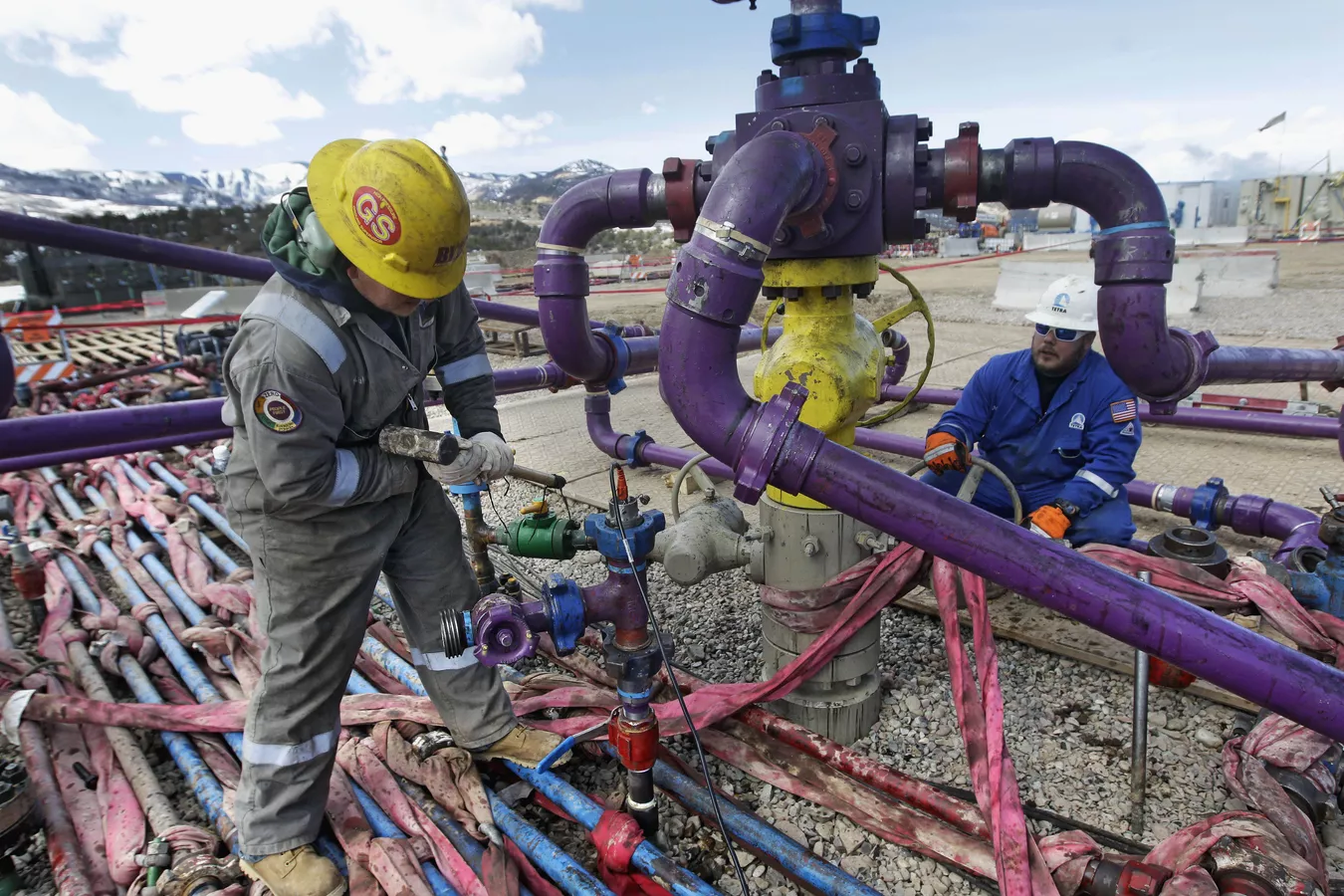Ricardo Roa, a mechanical engineer from the Universidad Nacional de Colombia and specialist in engineering management systems from the Pontificia Universidad Javeriana, was appointed by Ecopetrol’s board of directors as the new president of the state-owned oil company on April 12.
Upon taking office on April 24, in a press conference with the Colombian media, Roa explained his position regarding fracking, a tool for hydrocarbon extraction, which President Gustavo Petro has been against since his electoral campaign.
The fracking technique consists of fracturing the subsoil using pressurized water and chemicals to extract oil and gas, which entails environmental and geographic risks.

For this reason, environmentalists and all kinds of organizations have criticized this extraction method.
President Petro’s anti-fracking stance led to suspending exploration pilot projects with this technique in November 2022.
Currently, the Congress of the Republic is sanctioning a bill prohibiting oil extraction through hydraulic fracking, to which the president of Ecopetrol asserted that “we will abide by the legality provided by that bill”.
“We have to look at it in national and international contexts. I understand that Ecopetrol had signed contracts for fracking pilots, and I must review the status of the contracts,” said Roa.
However, the Ecopetrol authority did not rule out using this technique in the future.
If technological developments allow the use of fracking “without affecting, without great impact on ecosystems, on water resources, there would be an alternative to rethink it”, said Roa.
“Under the current conditions of government policy, it is ‘no fracking’,” he said.
Ecopetrol contributes around 3.4% of Colombia’s Gross Domestic Product (GDP). Among its multiple investments, it has oil exploration via fracking in other latitudes, such as Texas in the United States.
On this operation with fracking outside Colombian borders, Roa indicated, “I have heard that it is a profitable asset, with efficiencies and environmentally protective technologies.”
“A responsible company, with a corporate governance, does not make decisions to disinvest or invest without a rational and economic exercise, and without the sustainability support that must be given”, added the president of Ecopetrol, according to the Colombian media Pulzo.
Regarding President Petro’s position of not granting new oil prospecting contracts, Roa emphasized that “without contracts, we have to be capable with what we have” while adding that hydrocarbon production will remain stable.
“We have to protect what we have, but in parallel, take on the great challenge of the energy transition. We will not kill the goose that lays the golden eggs but protect it,” he stressed.
Roa highlighted that “between 2016 and 2018, there was no new exploration contract, and yet production went up”.
In Colombia, “there are 21.4 million hectares assigned to look for oil, and in exploration, there are 2.4 million hectares, which indicates that oil companies have a wide range to be more competitive, without new contracts”, he concluded.
With information from Sputnik

